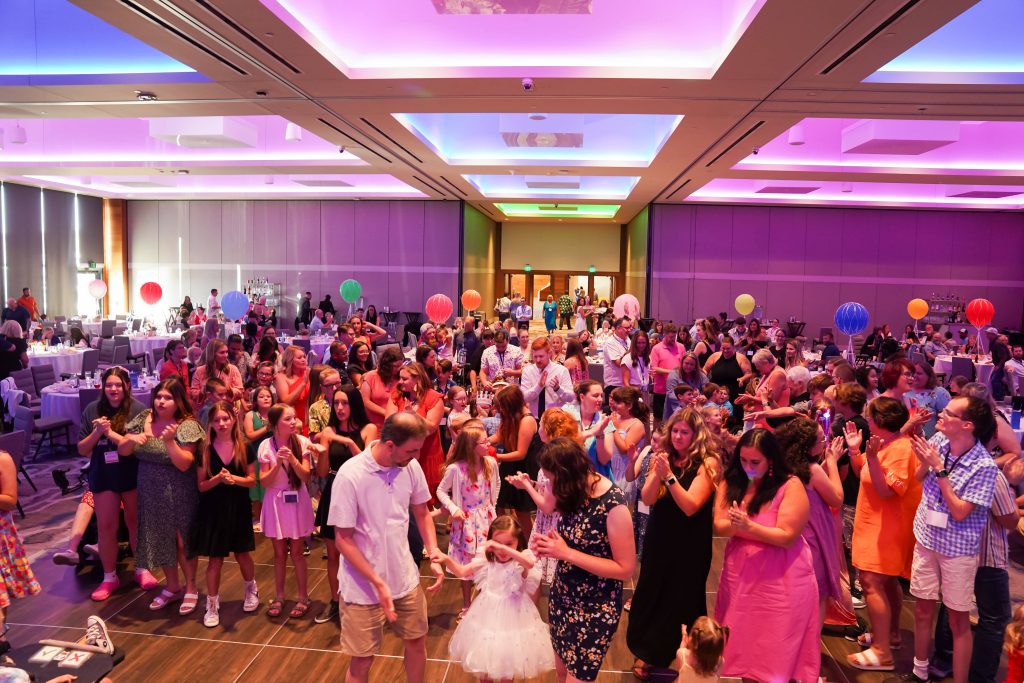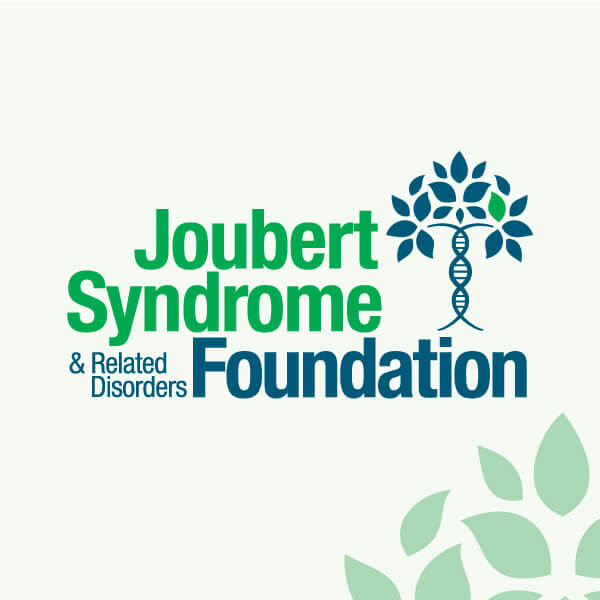By Henry Nalker
Henry Nalker is a budding musical therapist, a disability advocate, and an adult with Joubert Syndrome.
My name is Henry Nalker and I recently got accepted to Elizabethtown College in Elizabethtown, Pennsylvania, to study music therapy. You may be asking, “what is music therapy?” Well, music therapy uses evidence-based music interventions to achieve a client’s various emotional, cognitive, or physical goals. Music therapists work in a variety of settings with various populations that include but are not limited to hospitals working with ill patients, mental health facilities working with individuals who have mental illness, pre-K to 12th-grade day programs working with students who have severe disabilities, continuing care facilities working with the elderly, military bases with veterans who have come back from war, and many more.
I was first interested in the music therapy field when I was in my 10th grade year of high school. I knew I wanted to go into music as a career back when I was in middle school (because I love music and my dad is a professional musician, so I have been exposed to it for my entire life). Still, I didn’t know what exactly I wanted to do in music. One day, I was looking around the internet to see the different careers musicians go into and that’s when I saw music therapy. I knew right then and there that music therapy was the right job fit for me because I love music and am empathetic to people with varying abilities (not just disabilities).
When I knew that I wanted to become a music therapist, I knew I should shadow some and get a feel for what it is like. Fortunately, I was able to shadow two MT-BC (Music Therapist Board Certified) therapists. One worked with individuals with severe disabilities, and the other worked with the elderly. I was able to see the sessions and the interventions/techniques they used in each. The two shadowing opportunities that I had solidified my thought to become a music therapist.
Navigating the college process can be challenging, but luckily it is easier if one has the right tools and resources. When I was looking for colleges, I first found all of the colleges and universities in the nation that offer a music therapy degree. Then, I narrowed my search based on these criteria: 1. Within 2-3.5 hours driving distance of my home in Arlington, VA, 2. Relatively small learning environment, and 3. Close to Johns Hopkins Hospital in Baltimore, MD, where I had my kidney transplant. There are many websites out there online that one can see this information (and some even have these filters so that one can do less work).
In the winter of my 11th-grade year, I originally applied to two different colleges, Radford University in Radford, Virginia, and Shenandoah University in Winchester, VA. I applied to both of those universities because they are both in Virginia, which is where I live. When one applies to a college music program, they have to audition on their musical instrument in addition to completing a general application, so an individual who wants a career in music has a more demanding time than the average person when it comes to applying to college. Unfortunately, I didn’t get accepted to either music programs but did get admitted to the general universities.
When I didn’t get accepted to either university, I attended my local community college. It has turned out it was meant to be because of the COVID pandemic and online learning. When I was physically on campus, I enjoyed the independence associated with it. There is a public bus line close to my house that drops off right in front of the main building on campus, so I could take it every day to and from campus. Since there are multiple campuses of Northern Virginia Community College, I had classes on more than one campus. Luckily, they have a shuttle that goes in between different campuses, so I could take it back and forth between my classes.
In community college, I had accommodations just like I did in high school. Unlike secondary school, there are no IEP meetings to discuss goals and accommodations. One hands the Disability Services Office on campus a copy of their IEP (and sometimes a note from their doctor, depending on the school). Then, the staff in the Disability Services Office compiles a suggested list of accommodations based on one’s IEP. Then, the student and the staff from the Disability Services Office sit down together to discuss the appropriate changes to the accommodations. One then gets an official letter that they hand to each of their professors on the first day of classes.
I can’t suggest community college enough for students and their families. Whether one wants to explore career paths or if they want to knock out basic credits before they get to a four-year university, community college is a great fit. Also, they have time to mature before going off to a four-year university. Not to mention, going to community college for one or two years is a great deal cheaper than going to a four-year university straight out of high school.
I realize the next four years at Elizabethtown will be a big adjustment from adjusting to dorm life to adjusting to navigating the campus, but I’m ready for it.

